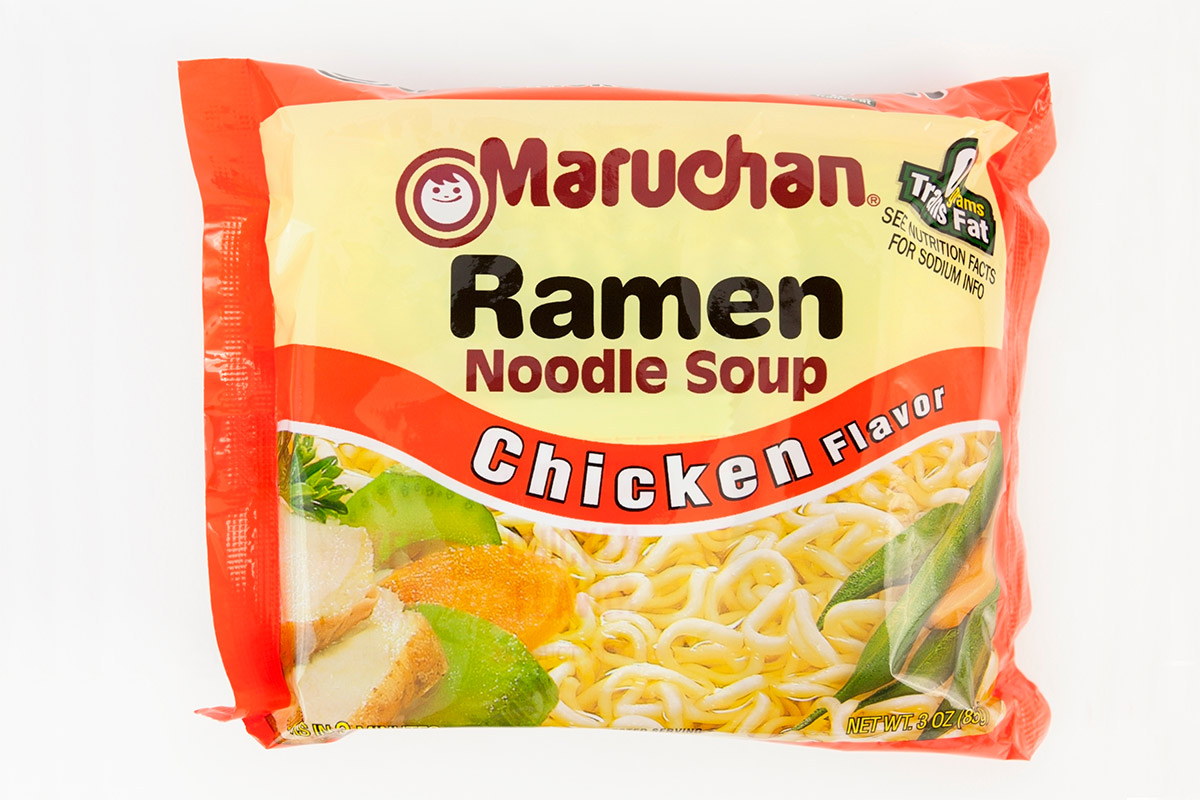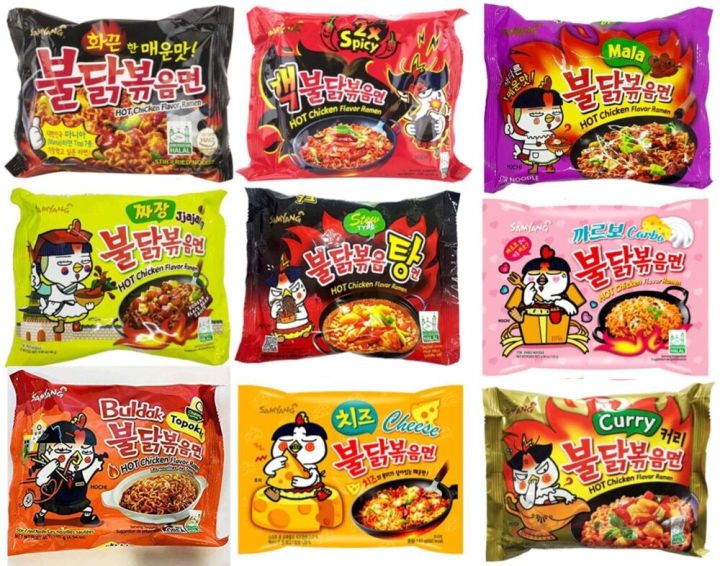Ramen Noodles Recall List: A Comprehensive Guide To Ensure Your Safety
Ramen noodles recall list has become an increasingly important topic for consumers worldwide. These popular instant noodles are a staple in many households, but recent recalls have raised concerns about food safety and quality. As a consumer, it's crucial to stay informed about these recalls to protect yourself and your family from potential health risks.
Ramen noodles are beloved for their convenience, affordability, and delicious taste. However, as demand grows, so does the need for vigilance regarding product safety. Food recalls occur when a product is found to pose a risk to consumers due to contamination, mislabeling, or other issues. Understanding the ramen noodles recall list ensures you can make informed decisions about the products you purchase.
This article provides a detailed overview of ramen noodles recalls, including reasons behind them, how to identify affected products, and steps to take if you discover a recalled product in your pantry. By staying informed, you can protect yourself and your loved ones from potential harm.
Read also:Oconnell Funeral Home Obits A Comprehensive Guide To Honoring Lives And Remembering Loved Ones
Table of Contents
- Biography of Ramen Noodles
- Reasons Behind Ramen Noodles Recalls
- Recent Ramen Noodles Recalls
- How to Identify Recalled Products
- Prevention Tips for Consumers
- Potential Health Risks of Recalled Ramen Noodles
- Steps to Take If You Find a Recalled Product
- Role of Regulatory Authorities
- Long-Term Solutions for Food Safety
- Conclusion
Biography of Ramen Noodles
History and Popularity
Ramen noodles have a rich history that dates back to early 20th-century Japan. Originally inspired by Chinese wheat noodles, ramen quickly became a staple in Japanese cuisine. The invention of instant ramen by Momofuku Ando in 1958 revolutionized the food industry, making it accessible to millions around the globe.
Key Facts About Ramen Noodles
Ramen noodles are not only a convenient food option but also a cultural phenomenon. Below is a table summarizing key facts about ramen noodles:
| Fact | Details |
|---|---|
| Origin | Japan |
| Invention Year | 1958 |
| Global Consumption | Over 100 billion servings annually |
| Main Ingredients | Wheat flour, salt, water, and flavoring |
Reasons Behind Ramen Noodles Recalls
Ramen noodles recalls occur for various reasons, ranging from contamination to mislabeling. Below are some common causes:
- Contamination with harmful bacteria such as Salmonella or Listeria
- Undeclared allergens like peanuts or soy
- Mislabeling of ingredients or nutritional information
- Foreign objects found in packaging
Recent Ramen Noodles Recalls
2023 Recall Highlights
In 2023, several major brands issued recalls due to contamination concerns. For example, Brand X recalled over 1 million packets of their spicy ramen noodles after discovering traces of metal shavings in some batches. Similarly, Brand Y issued a recall after detecting undeclared allergens in their chicken-flavored variety.
Impact on Consumers
These recalls highlight the importance of vigilance when purchasing ramen noodles. Consumers must regularly check official recall lists and manufacturer announcements to stay informed.
How to Identify Recalled Products
Identifying recalled ramen noodles requires attention to detail. Here are some tips:
Read also:Alison Harbaugh Instagram A Deep Dive Into Her Life Career And Social Media Presence
- Check the product lot number and expiration date against official recall lists
- Monitor news outlets and social media for updates
- Sign up for email alerts from regulatory agencies
Prevention Tips for Consumers
To minimize the risk of purchasing recalled ramen noodles, follow these prevention tips:
- Choose reputable brands with strong safety records
- Inspect packaging for signs of tampering or damage
- Regularly check recall lists provided by food safety authorities
Potential Health Risks of Recalled Ramen Noodles
Consuming recalled ramen noodles can pose serious health risks, including:
- Foodborne illnesses caused by bacterial contamination
- Allergic reactions due to undeclared allergens
- Injuries from foreign objects in packaging
Steps to Take If You Find a Recalled Product
Immediate Actions
If you discover a recalled ramen noodle product in your pantry, take the following steps:
- Stop using the product immediately
- Contact the manufacturer for further instructions
- Dispose of the product safely or return it to the retailer
Long-Term Measures
Consider implementing long-term measures to ensure food safety, such as:
- Regularly reviewing recall lists
- Storing food in a clean, organized manner
- Teaching family members about food safety practices
Role of Regulatory Authorities
Regulatory authorities play a critical role in ensuring food safety. Organizations such as the U.S. Food and Drug Administration (FDA) and the European Food Safety Authority (EFSA) monitor food products and issue recalls when necessary. Their efforts help protect consumers from harmful products.
Long-Term Solutions for Food Safety
Addressing food safety concerns requires collaboration between manufacturers, regulators, and consumers. Some potential long-term solutions include:
- Implementing stricter quality control measures during production
- Enhancing transparency in labeling and ingredient disclosure
- Investing in advanced technology for contamination detection
Conclusion
Ramen noodles recall list is a vital topic for consumers who prioritize food safety and quality. By understanding the reasons behind recalls, staying informed about recent incidents, and taking preventive measures, you can protect yourself and your loved ones from potential health risks. Remember to regularly check official recall lists and follow guidelines provided by regulatory authorities.
We encourage you to share this article with friends and family to spread awareness about ramen noodles recalls. Additionally, feel free to leave comments or questions below. Together, we can promote a safer and healthier food environment for everyone.
For more information on food safety and recalls, explore other articles on our website. Stay informed, stay safe!


